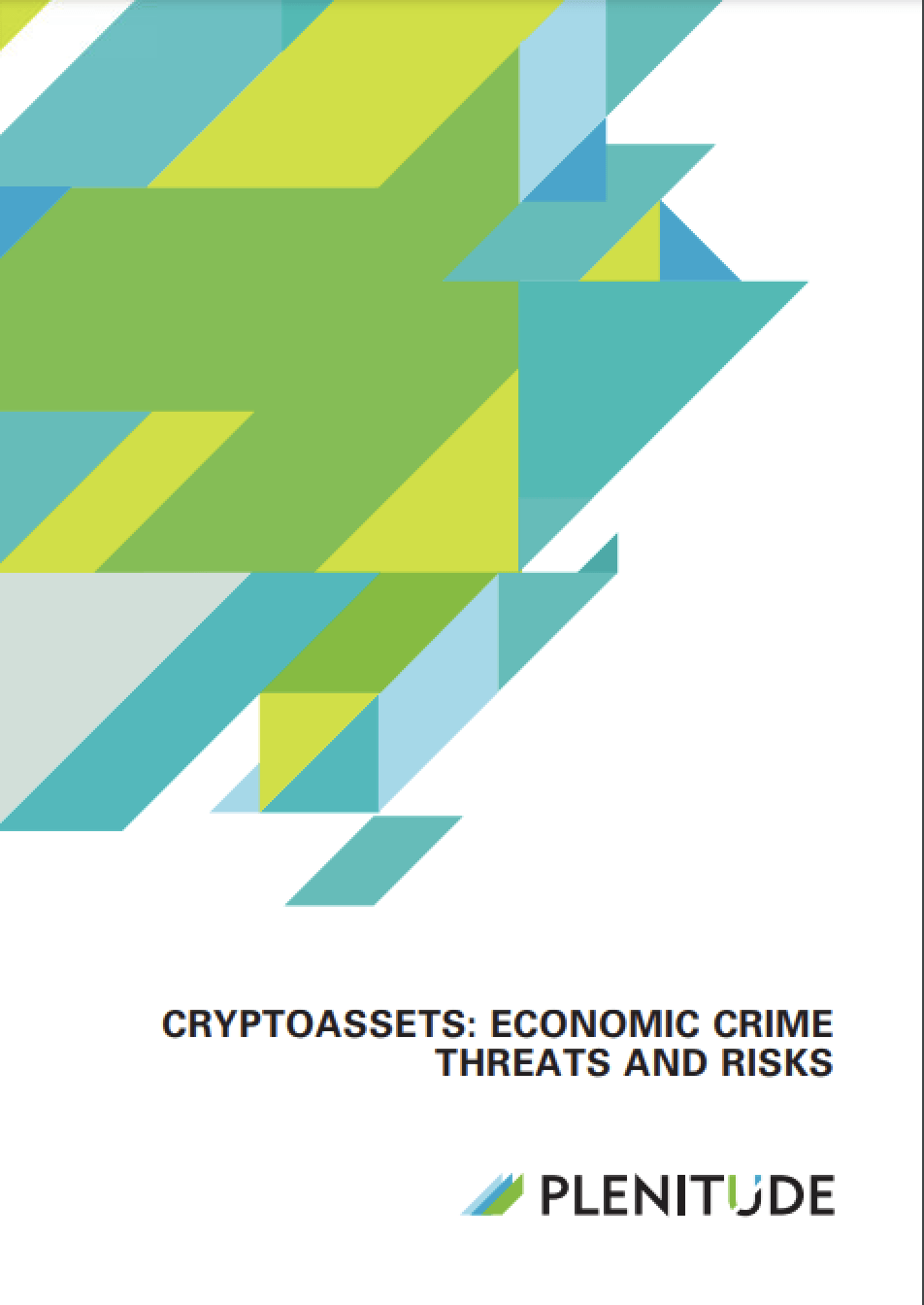Whilst cryptoassets and their supporting infrastructure (such as cryptoasset exchanges) are becoming rapidly more popular and multi-purposed (e.g. Paypal opening up to cryptocurrencies), perceptions remain widespread that they are the preferred medium for criminals seeking to launder their illicit funds. The recently published UK National Risk Assessment of Money Laundering and Terrorist Financing 2020i made the following observations relating to the vulnerability of cryptoassets to abuse:
- They are pseudo-anonymous in nature – users are not able to be easily or immediately identified on the distributed ledger (blockchain) that records the provenance of a cryptoasset due to the use of pseudonyms and keys rather than real world identities. This means that users can employ a degree of obfuscation to hide their identity;
- They are easily accessible and have global reach – cryptoassets enable criminals to quickly move funds across national borders at scale, without requirement for a face-to-face business relationship;
- Uneven regulatory requirements leads to regulatory arbitrage – some jurisdictions do not require firms facilitating the exchange of cryptoassets to perform adequate due diligence checks on customers and their transactions.
Conclusion
Firms applying a risk-based approach need to be proactive in seeking out information about money-laundering trends, threats and typologies from external sources in order to update existing policies and procedures and enhance existing AML controls.



 Alan Paterson
Alan Paterson
 Joby Carpenter
Joby Carpenter
 Plenitude Insights
Plenitude Insights Digital Assets
Digital Assets Digital Assets/Crypto
Digital Assets/Crypto AML/CTF/CPF
AML/CTF/CPF



